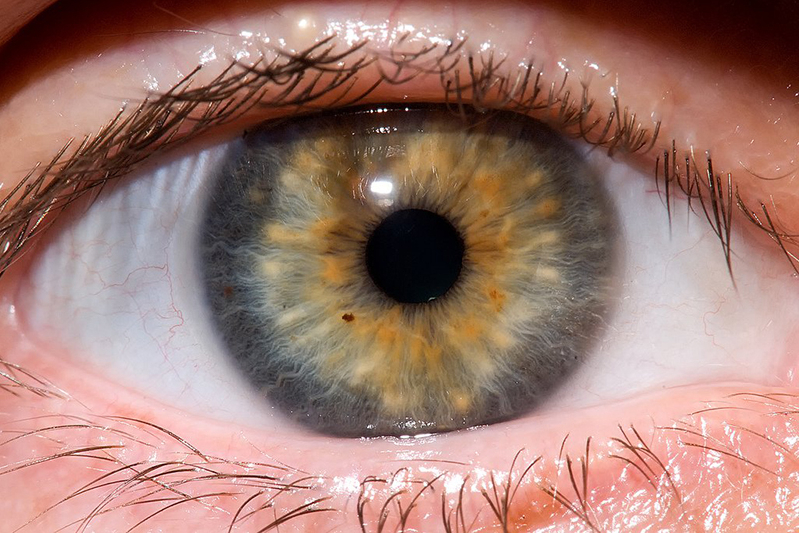
The Ebola virus outbreak may be over in Africa, but some victims, including an American doctor, still suffer from its effects months later, particularly in the eyes.
According to Denise Grady of the New York Times, 44-year-old Dr. Ian Crozier contracted the Ebola virus when he worked as a World Health Organization volunteer in Sierra Leone back in September 2014. Despite being treated successfully at Emory University, he still felt the effects from the infection.
"It was like an assault," Crozier said. "It was so personal."
Grady reported that Crozier went back to the hospital after he started feeling pressure in his left eye and had fading sight. Doctors had him tested, and they discovered that Ebola was inside Crozier's eye.
"Despite the infection within his eye, Dr. Crozier's tears and the surface of his eye were virus-free, so he posed no risk to anyone who had casual contact with him," Grady wrote.
According to Grady, Crozier also suffered debilitating joint and muscle pain, deep fatigue and hearing loss after recovering from Ebola. Ophthalmologist Dr. Seven Yeh conducted the test on Crozier's eye by drawing a few drops of fluid from it and analyzing the results in the lab.
"It felt almost personal that the virus could be in my eye without me knowing it," Crozier said.
The New England Journal of Medicine published a report on Crozier's eye condition on Thursday. Grady explained how it was possible for something like Ebola to survive in someone's eye.
"The barriers are not fully understood, but they include tightly packed cells in minute blood vessels that keep out certain cells and molecules, along with unique biological properties that inhibit the immune system," Grady wrote. "But this protection, called immune privilege, can sometimes turn the inner eye into a sanctuary for viruses, where they can replicate unchecked."
Yeh admitted to Grady that he was thrown off by finding Ebola in Crozier's eye, given that he did not take all precautions while drawing the fluid out. Doctors generally wear lots of protective gear whenever they treated people with Ebola.
"Dr. Yeh had worn a protective gown, gloves and a mask but no goggles when he drew the fluid," Grady wrote. "He could not rule out the possibility that he had been infected, so he slept in the guest room at home and avoided touching his infant son for three weeks, the incubation period of the disease."
According to Grady, additional tests indicated that no Ebola was found in either Crozier's tears or the outer surface of his eye. However, it remains unknown how long the virus can stay within the eye.
"What if it unleashed the virus?" Crozier said of the treatments for his eye. "We were on a tightrope."






